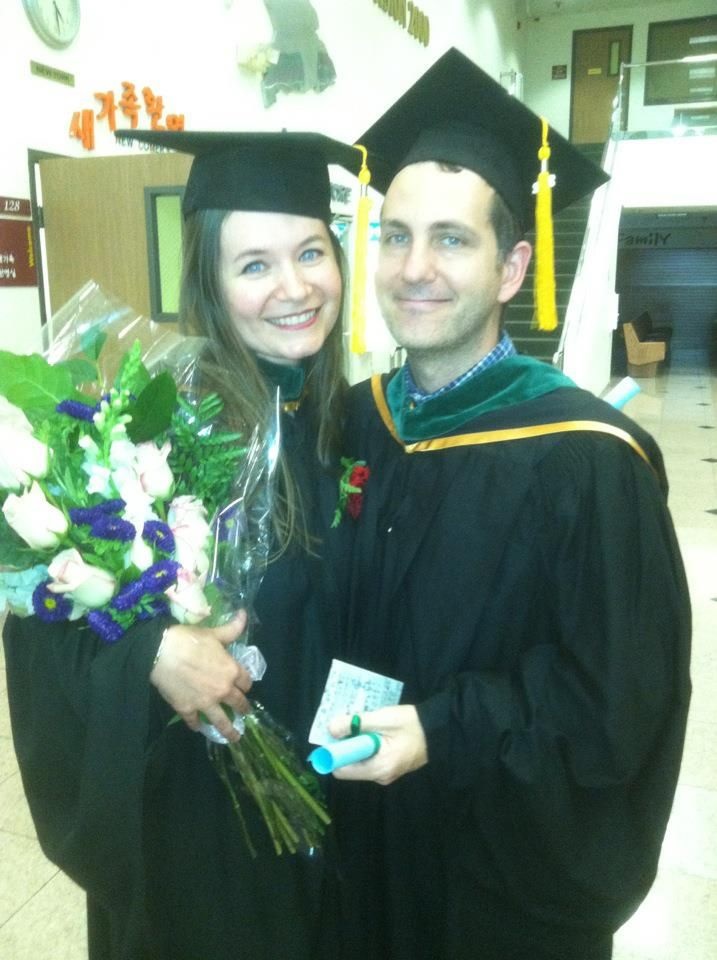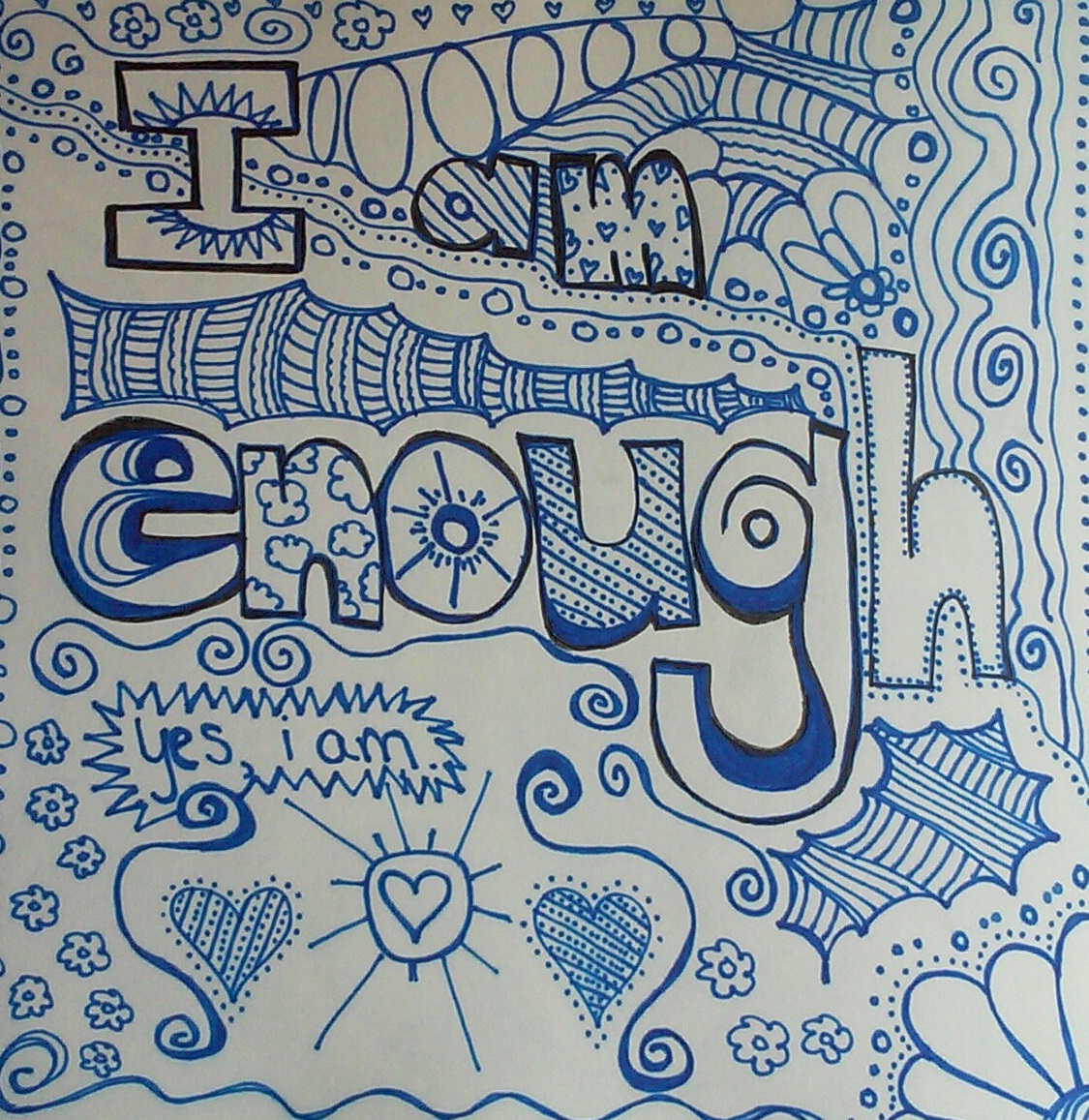Stop Wasting Your Life Saying “I’ll Speak a New Language When…”
It’s so easy to give yourself reasons to “not” speak a language. Maybe you tell yourself: “I’ll start talking to others in my target language when…
- “My accent is perfect”
- “I understand the grammar”
- “I’ve got the money to travel the world”
- “I’m feeling more confident”
- “I’ve reached the intermediate level”
- “My acne has cleared up”
- “I’ve lost 10 pounds”
Perhaps you’ve not used these exact phrases. But as long as you’ve said “I’ll start talking to others in my target language when…” then this article is for you. Because that phrase is a HUGE danger sign with bright flashing lights.
You, my friend, have fallen into the trap of compare and despair.
What Is Compare and Despair?
As you’re reading this on a language learning website, I bet you want to speak another language.
Yet you’d be surprised how many people use negative self talk to hold themselves back from learning a language. I don't want you to be held back. You can dare to do the things that make you feel alive. I'm going to show you how.
First, I'd like to show you what's holding you back.
I see my language learning buddies do this a lot. They tell me things like: “You have a bigger vocabulary. I need to beef mine up before I start taking italki lessons.”
This kind of thinking is a scarcity mindset and is a huge part of the compare and despair trap.
That’s what happens when you compare yourself to others, then get stuck in a feeling of despair.
Compare and despair really is a trap! Language learning is a marathon. You’ll only reach the finish line — fluency — if you keep moving forward. Comparing yourself too often and too harshly can stop you in your tracks.
The truth is, I still fall prey to compare and despair from time to time. But it doesn’t paralyze me as much in language learning because I worked on it in another area of my life. I bumped into a particularly gnarly trap when I was in grad school. During that intense experience, I found ways to reconcile my feeling of “not enoughness”.
I'll share some of those tips later in the article. Let’s start with my graduate school journey as it’s an example of how sneaky compare and despair can be.
How I Fell into the “Compare and Despair” Trap
I went back to school for a Masters degree in Traditional Chinese Medicine when I was in my mid-30s and married. Lo and behold, everyone else in my class was under 23, single and bursting with energy.
Picture a classroom full of people running around with perpetual jazz hands.
Most of them were straight out of college and ready to take on exams with fervor. Me? Figuring out how to stay awake long enough to take adequate notes during class.
I kept my grades above average but compare and despair still got me. It snuck up on me in the intern lunchroom of all places. My 20-something classmate, Lisa, mentioned she was happy with her A grade on the last exam. Then she confessed she'd only studied for 30 minutes! Her usual study routine was an hour a day.
My jaw nearly broke the table as it fell open in disbelief.
I said: “What!? You only study an hour a day for our classes? And I know you get straight A’s. How is that even possible?!”
Three other 20-somethings chimed in: “That’s how much we study, too.”
Then and there, compare and despair crept into my hummus sandwich and filled me with shame.
My mid-30s brain had to study three to four times more than my young classmates to learn the same material.
I wasn’t dumb, I knew that. My brain just took longer for stuff to sink in. So why on earth was I feeling suddenly unmotivated? Because while comparing myself to my classmates, I had decided that I was not good enough.
And if I’m not good enough, what’s the point of trying?
That, my friends, is the classic ending to an uninvestigated compare and despair trap. Thankfully, the story doesn’t end there.
The Snowflake Lesson
It all boils down to our instinctive desire to be part of a community. As humans, our mammalian brain needs to bond with others in our group. Being a useful part of society is necessary for survival. I’d argue, it’s also necessary for a happy, healthy life.
But we don’t need to fit into every box.
For example, my ability to memorize was slower than my classmates. Yet, I brought a great deal of life experience and compassion to my internship. Because of this, I was the most requested intern in the school clinic.
There are as many different types of success as there are snowflakes. Once I figured that out, I relaxed. I began to trust that it was okay to have my own path. I redefined what “good enough” meant for me.

How to Crawl out of the Compare and Despair Trap
I’m going to share a few tools that will prepare your mind to shift. When you break free from the pitfall of compare and despair, you free up space for more important things. Like becoming fluent.
Many people get stuck in silent perfectionism “I want to be better before I start speaking.” You miss out on life that way. And I want you to savor every nuance of this adventure. So, let’s begin.
Tip One: Everyone Compares, It’s Normal
Now that I’ve worked through my grad school compare and despair trap, I’m completely confident all the time. Right? Nope.
Seeing a 17-year-old YouTuber speak 20 languages in eight minutes is challenging. It can ignite negative self-talk. And that is a self-charging battery. The more negative self-talk, the stronger the compare and despair trap becomes.
After watching a video like that, my very own compare and despair grumbler can wake from his slumber! “See what happens when you waste your teen years reading Sassy magazine and collecting photos of Johnny Depp? You’re ruined! Ruined I tell you!”
Feeling frustrated in language learning is part of the process. It's normal to struggle and even admit defeat at times. The important thing is to pick yourself up, dust yourself off, and keep going.
Comparing is normal. Despairing is normal, too. What’s important is that you don’t give in to the despair.
Tip Two: Escape Your Wallowing Mind and Phone a Friend
I’m in despair after watching that teen polyglot. I turn off the computer feeling deflated. The compare and despair grumbler continues its attack.
“Why even bother studying today? You’ll never, ever be as good as him. You can’t even pronounce something as simple as squirrel (écureuil) in French. Give it up already.”
It takes a few moments of wallowing before I realize I’m caught in yet another compare and despair trap. It’s time to use a simple but mighty tool.
A lifeline!
One of my favorite authors, Brené Brown, shares, “The two most powerful words when we’re in struggle is, ‘Me, too.’”
I pick up the phone and call my best language learning buddy, Maggie. She’s always willing to share her me, too moments with me. She, too, is fighting the good fight of becoming fluent in French. I tell her all the stuff the grumbler is saying to me.
She shares some of her grumbler stories. As we share, the grumblers shrink. It is a lot like shining a flashlight under your bed to see that, in fact, there are no monsters waiting to pounce.
And if you don’t yet have a language learning buddy, go find one now. Use the hashtag #iglc on Instagram. Join the Add1Challenge (now the Fluent in 3 Months Challenge). Or attend a Women In Language online conference to help you find cool peeps.
I made a few delightful friends who started out as language exchange partners on italki. A good old-fashioned language Meetup can connect you other language learners, too.
Tip Three: Face Swap With Someone Adorable — Because You’re Adorable Too
Gotta handle it alone? Stranded on a desert island? No cell coverage for miles?
You may need a solo tool for unraveling the messy tangle of compare and despair. One of my favorites is Face Swap.
No, not the app. Although I did an unattractive donkey honk laugh when I tried it out with friends. It was that funny. FYI, my husband does not look pretty with high cheekbones.
My version of face swap is one of my favorite tools for combating negative self-talk. I take someone I find absolutely wonderful and mentally swap their face with mine.
My niece’s five-year-old face is often one that I use. Amanda is a beautiful adult now, but when she was five, oh my heavens! She had big brown puppy pout eyes and a spirit of inexhaustible wonder.
If my five-year-old niece was learning a language, I would never, ever say the means things to her that I might say to myself.
I imagine her attempting to learn French and immediately my heart floods with love.
Every time she screws up a word, she is freaking adorable.
Then I get quiet and see if I can feel any of that love and acceptance for myself. This actually works. Because somewhere inside me is a five-year-old girl with big sparkly sky-blue eyes that wants to speak French.
Tip Four: Repeat after Me: “I Am Enough. I Am Enough. I Am Enough.”

Whether you’re an adult or you’re a budding teen, the fact remains the same for each and every one of us.
You are enough right now.
So what if you can’t roll your R’s perfectly!
Speak in your target language anyway. And while you’re speaking, ask someone to help you practice rolling your R’s.
So what if you can’t pronounce the French word for “squirrel”! Speak in your target language anyway. And while you’re speaking, talk about woodland wildlife.
So what if your vocabulary is minuscule! Speak your target language anyway! Say the same five sentences over and over again to different people. Hey, it’s new to them. While you’re floating from the victory of having spoken, learn five more phrases.
You don’t have to compare yourself to anyone’s else success.
Like snowflakes, the milestones of fluency come in all shapes and sizes.
My Most Recent Gift
Little moments can end up being some of your greatest rewards.
Yesterday, my dear friend in Belgium shared a story with me of how well his granddaughter is doing. A few months ago, she had been having difficulty adjusting to university life.
Now, he was beaming with relief and pride that she is finding her way. I was elated to hear the news because I cherish my friend. We celebrated the good news together over Skype. It was a true gift.
And the bonus? This entire conversation happened in French, my target language.
Let me set you straight, I make a boatload of mistakes when I speak to him in French.
If I had waited until I spoke with fewer mistakes, I would have missed out on our deepening friendship. When I express my concern for him and the people dear to him, he doesn’t become judgemental when I mix up my tenses. He only cares that I care.
It has nothing to do with being perfect in French and everything to do with the kind, open connection we offer one another.
So, I’ll leave you with this gentle reminder. Your self-worth is not connected to how perfectly you speak a language.
Be kind to yourself and others as you travel the dusty, bumpy, yet completely fabulous road to fluency. And please do share your tricks for steering clear of the compare and despair trap? I’m curious to hear about your tools.



Social